Tuesday, November 1
| 10:30 a.m.-12:30 p.m. | "Interfacing Law, Neuroscience, & Genetics to Support Child Sex Abuse Victims in the 21st Century," Warren Binford [Don Gallagher], Ford 122
Unfortunately, far too little research has been conducted on child sex abuse victims, especially online sex abuse victims, to understand how best to fulfill these legal obligations. Recent advances in both neuroscience and epigenetics, however, could offer policymakers a new window into the impact that child sex abuse, including “hands off” sex abuse such as child pornography, has on victims, as well as the most effective therapies and treatments to help child sex abuse victims recover from harm. This presentation outlines the current international legal landscape that compels the need for additional understanding of the impact of child sex abuse on victims, as well as the neuroscientific and epigenetic research that has been conducted to date, and concludes that a robust, multidisciplinary, longitudinal study of child sex abuse victims is needed in order for the global community to fulfill its obligations to victims and ensure their full recovery and successful reintegration. W. Warren H. Binford is Associate Professor of Law, Director of the Clinical Law Program at Willamette and has presented to ICL on several occasions. Professor Binford was recently selected as the Inaugural Fulbright Canada-Norlien Foundation Distinguished Visiting Chair in Brain Science, and Child and Family Health and Wellness at the University of Calgary where she will be conducting research during the fall 2015 semester on the impact of child pornography on victims with an eye toward legal solutions. She will return to Willamette in January 2016. |
| 1:30 –2:30 p.m. | "Willamette Theatre Dance Concert: Perception/Reality," Jesse Fouts [Deborah Ehlers], *** Pelton Theatre Building, Main Stage ***
|
| 2:30 – 3:30 p.m. | “Electing a President or How Did This Happen?,” Lester Reed, Ford 122 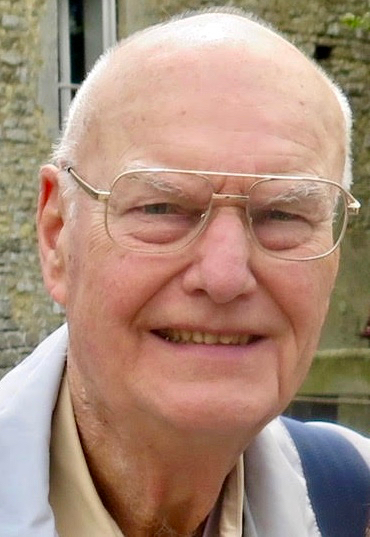 ICL member Lester Reed will present the historical and current process that has resulted in how we now elect the President. The talk will cover how we use primaries, nominating conventions and an election the Electoral College to pick a President. The influence of political parties, technology and money in the process will be included. As a result he hopes to answer the question “Do we the people really pick the President?” ICL member Lester Reed will present the historical and current process that has resulted in how we now elect the President. The talk will cover how we use primaries, nominating conventions and an election the Electoral College to pick a President. The influence of political parties, technology and money in the process will be included. As a result he hopes to answer the question “Do we the people really pick the President?” |
Thursday, November 3
| 9:00 - 10:15 a.m. | Harvest Coffee, Wilson-Hines room at Goudy ICL will provide the coffee, tea, and water. 
Please bring Yummies to share. |
| 10:30 - 11:30 a.m. | "How to Listen To and Understand Great Music: "An Introduction to Early 20th-Century Modernism," Dr. Robert Greenberg [Solveig Holmquist], Ford 122
|
| 11:30 a.m. -12:30 p.m. | "How to Listen To and Understand Great Music: An Introduction to Early 20th-Century Modernism - Claude Debussy," Dr. Robert Greenberg [Solveig Holmquist], Ford 122
The big break with the tonal tradition came with the French composer Claude Debussy, whose music grew from the French language's proclivity for color, nuance, and blurred sound. Debussy was a stunningly original composer for whom timbre was as important as melody, rhythm, and harmony. His extraordinary Nuages illustrates his conception of timbre as a thematic element, his rejection of major/minor modes in favor of non-traditional pitch collections, and his studied disregard for conventional harmonic practice in favor of a sense of suspended time. |
| 1:30 – 3:30 p.m. | "Art Teaching in Africa," Russ Ford [Toni Peterson], Ford 122
My background as art educator ties directly to this presentation and I will be sharing insights from a 25 year classroom teaching experience. These will include: Teaching the arts through the multiple intelligence approach. Defining the value of standards-based testing as it relates to the arts. Teaching the arts across gender, generation, and culture. I will pose and invite answers to the question: Is art a universal language? Subject Matter: The bulk of the presentation will be a power point presentation covering my upcoming trip to Zambia, Africa. I am leaving in mid May to teach art for a month in a variety of settings. I will be working as artist-in-residence at the WayiWayi studios in Livingstone, Zambia and teaching at a number of elementary and secondary schools in and around Livingstone. Since I work primarily as a ceramic artist, I will be introducing (or reintroducing) basic firing techniques, to the students at the studio. After the break, we will entertain questions and invite discussion on the African perspective, the state of the arts in education and the arts in general. Education: B.A. Educational Technology, B.A. Art Ed M.A Art ED. |
Tuesday, November 8
| 10:30 a.m.-12:30 p.m. | "Indigenous Weavers in the Pacific Rim," Rebecca Dobkins [Sharon Wright], Ford 122
Professor Dobkins joined Willamette faculty in 1996, after working as a researcher at the Smithsonian Institution's National Museum of Natural History. Interests include museum studies, Native American contemporary and traditional arts, Maori (New Zealand) arts, and the indigenous peoples, human rights, and the environment. As a curator at the Hallie Ford Museum of Art, Dobkins has organized exhibitions of Native American art that have toured nationally and internationally. Projects include the exhibition The Art of Ceremony: Regalia of Native Oregon, which was awarded a National Endowment for the Arts 2008 American Masterpieces grant. From 2005-2014 Dobkins was the faculty supervisor for the Chemawa Indian School-Willamette University Partnership Program, a collaborative community service learning project. The Chemawa program is now supervised by Liz Bahe, WU's Director of Native American Programs. Professor Dobkins will be joined in her presentation by Phoebe Wagner, WU Anthropology '17, who will talk about her experiences in New Zealand in summer 2016, working with Maori weavers, under the auspices of the Carson Grant Program. |
| 1:30 – 3:30 p.m. | "Maintaining Quality of Life: Little things often can keep us going," Jennifer Truax [Sharon Wright], Ford 122
Jennifer has a Bachelor of Science from Linfield in Athletic Training & Exercise Science and a Masters of Science in Physical Therapy from Des Moines University. |
Thursday, November 10
| ALL DAY | Salem Area Field Trip - "Safety, Brew, and Olives" Our ICL field trip coordinators, George and Carol Moeller, have planned an exciting field trip to four local sites that we are calling the "Safety, Brew, and Olives" trip. This full-day trip is set for Thursday, November 10th; and begins and ends at the Mission Mill Parking Lot. Those attending will meet about 8:15 a.m., with the bus leaving the lot at 8:30 a.m.. The bus will return to the parking lot at 4:30 p.m.
* The November 10th field trip has been modified in the afternoon due to maintenance/repairs at the Covanta incinerator in Brooks. After visiting DPSST and Gilgamesh, the charter bus will travel to Dayton for a tour at Red Ridge Farms. This is a 17-acre olive grove with an Italian olive mill, which is the only commercial olive press in Oregon. They harvest the olives by hand in the Fall and, if we are lucky, they will still be pressing the olives and producing olive oil at the mill during the field trip visit. Red Ridge Farms is part of a 120-acre estate that also includes a plant nursery and vineyards. The ICL tour will also include olive oil tastings before returning home. The cost for this trip will be $20 per person. Due to the capacity of the bus and sites, the field trip is limited to the first 56 ICL members who sign up and pay the fee. N.B. This tour was just filled, but see Carol and George Moeller if you would like to be placed on a waiting list. |
Tuesday, November 15
| 10:30 - 11:30 a.m. | "Pride and Prejudice in the Scientific Method," Todd Silverstein [Bob Muir], Ford 122 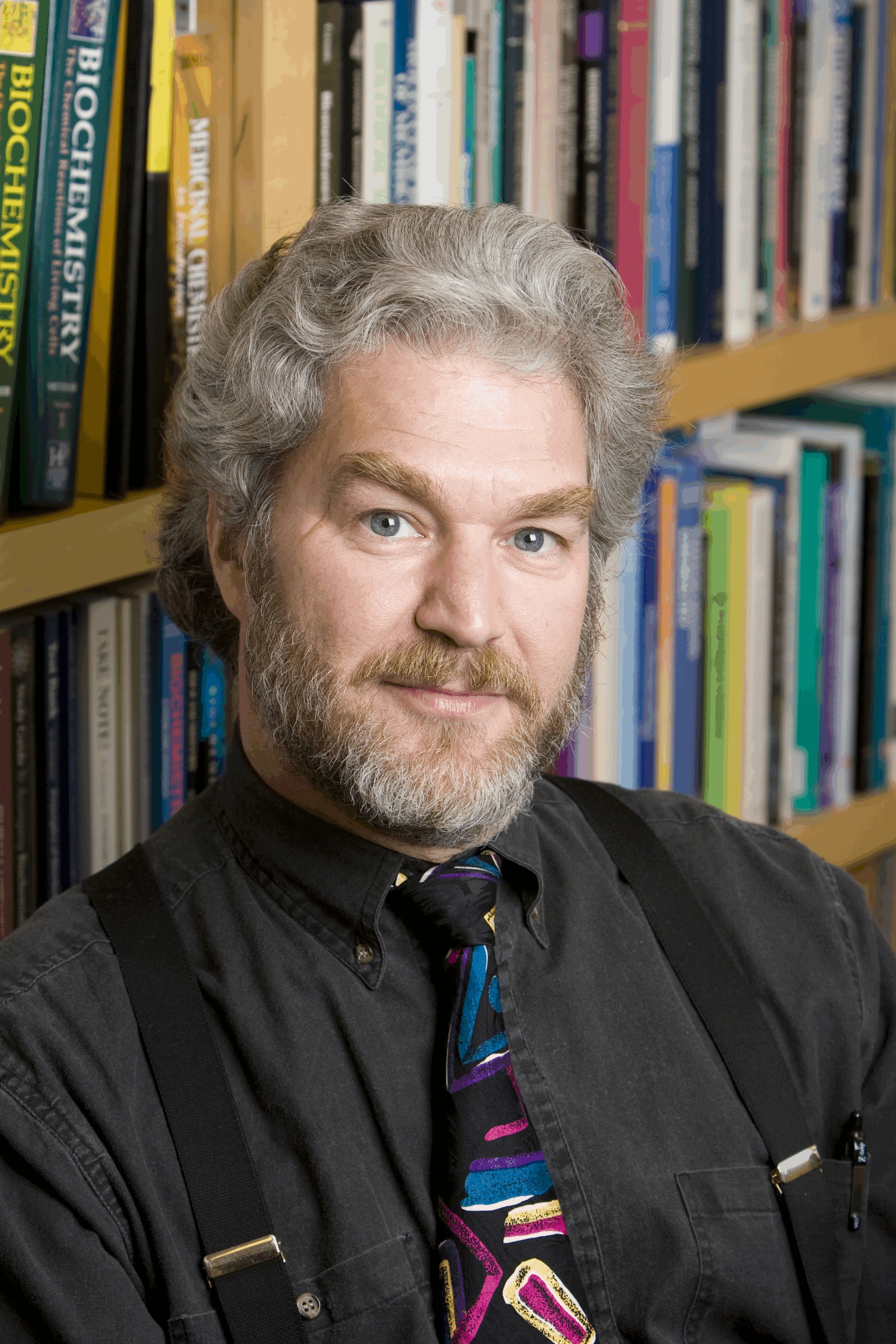
The Scientific Method was developed in the 17th century and it’s use led to astounding scientific progress in the 300 years since then. It is based on dispassionate, objective observation, prediction, and interpretation. These activities are all inherently subjective, however, leading to built-in conflict. We will discuss how pride and prejudice can impact science. Willamette Professor Todd Silverstein has taught chemistry and biochemistry at Willamette University since 1989, publishing more than 50 peer-reviewed articles on chemical and education and biochemical research. |
| 11:30 a.m.-12:30 p.m. | "Irish Music, Culture, and Revolution," Todd Silverstein with Brad Johnson & Tim Crosby [Bob Muir], Ford 122
Silverstein has played Irish music for 40 years, and is also a long-time local contra dance caller. He is a long-time member of the Portland contra dance band Wild Hair, and has played traditional Irish and American music with Brad Johnson (guitar and concertina) and Tim Crosby (guitar, mandolin, fiddle and banjo) for more decades than he cares to count. |
| 1:30 – 3:30 p.m. | "The Haven-finding Art," David Engen , Ford 122
|
Thursday, November 17
| 10:30 a.m.-12:30 p.m. | "The Book of Hours," Dr. Ann Nicgorski, Ford 122
Dr. Ann M. Nicgorski is a Professor of Art History and Archaeology and a Faculty Curator at the Hallie Ford Museum of Art at Willamette University. She received her B.A. degree from the University of Notre Dame in 1985 and her Ph.D. from the University of North Carolina at Chapel Hill in 1995. Prof. Nicgorski's areas of interest and expertise include the art and architecture of the ancient Mediterranean, the Byzantine Empire, and Medieval Europe as well as Christian art and iconography through the ages and around the globe. |
| 1:30 – 3:30 p.m. | “The Transportation Component of the Oregon Resilience Plan and Mitigation Plans for Oregon Highway Resilience,” Bruce Johnson [Steve Starkey], Ford 122
|
Tuesday, November 22
THANKSGIVING BREAK NO CLASSES |
Thursday, November 24
THANKSGIVING BREAK NO CLASSES |
Tuesday, November 29
| 10:30 a.m.-12:30 p.m. | “The 2016 Election: What Happened and Why,” Jay Steinmetz, WU Visiting Professor of Politics , Ford 122
Jay received his PhD in Political Science from the University of Oregon. He teaches American politics, political theory, and topics on the American film industry. His dissertation, "Between Free Speech and Propaganda: Denaturing the Political in the Early American Film Industry," is currently under consideration for publication at Lexington Books, an imprint of Rowman & Littlelfield. Before coming to Willamette, Jay taught at the University of Oregon and Eotvos Lorand University in Budapest, Hungary. |
| 1:30 – 2:30 p.m. | "Two Women Pioneers of American Architecture: Julia Morgan and Mary Colter," Bill Foster, Ford 122
|
| 2:30–3:30 p.m. | "The Queen of the Sciences: A History of Mathematics Video Series: Greek Mathematics – Archimedes to Hypatia," Professor David Bressoud [Don Gallagher], Ford 122
|


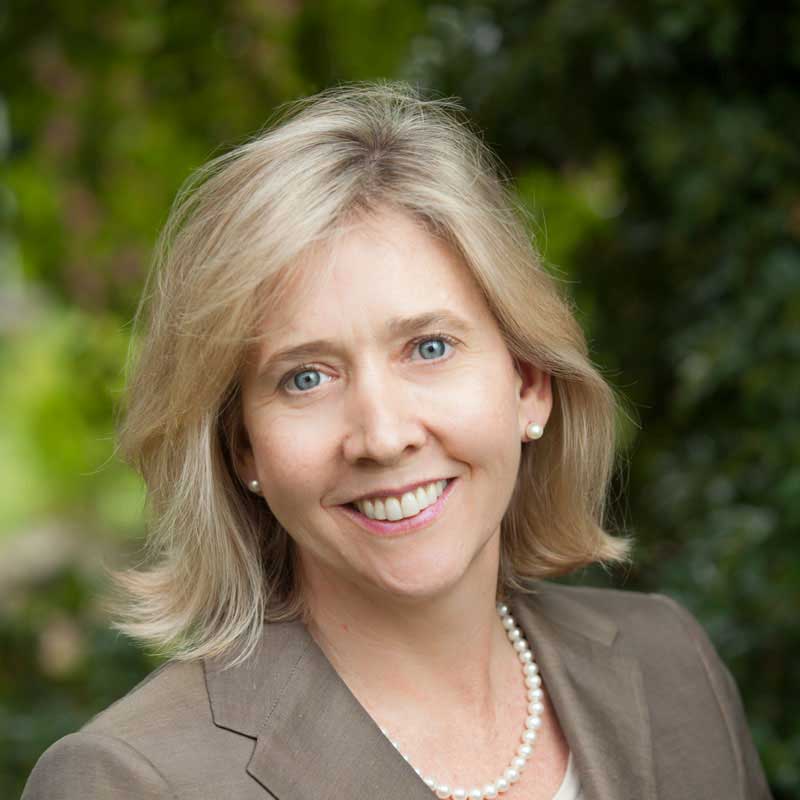 In the last forty years, the global community has taken numerous legal steps both domestically and internationally to combat the sexual abuse of children. Nonetheless, child sex abuse is widespread and certain types, including child pornography, appear to be growing worse both in prevalence and severity. With an increased awareness of the widespread sexual abuse of children, the global community has made a legal commitment not only to work to prevent child sex abuse, but also to promote the recovery of victims both physically and psychologically and reintegrate them into their communities.
In the last forty years, the global community has taken numerous legal steps both domestically and internationally to combat the sexual abuse of children. Nonetheless, child sex abuse is widespread and certain types, including child pornography, appear to be growing worse both in prevalence and severity. With an increased awareness of the widespread sexual abuse of children, the global community has made a legal commitment not only to work to prevent child sex abuse, but also to promote the recovery of victims both physically and psychologically and reintegrate them into their communities.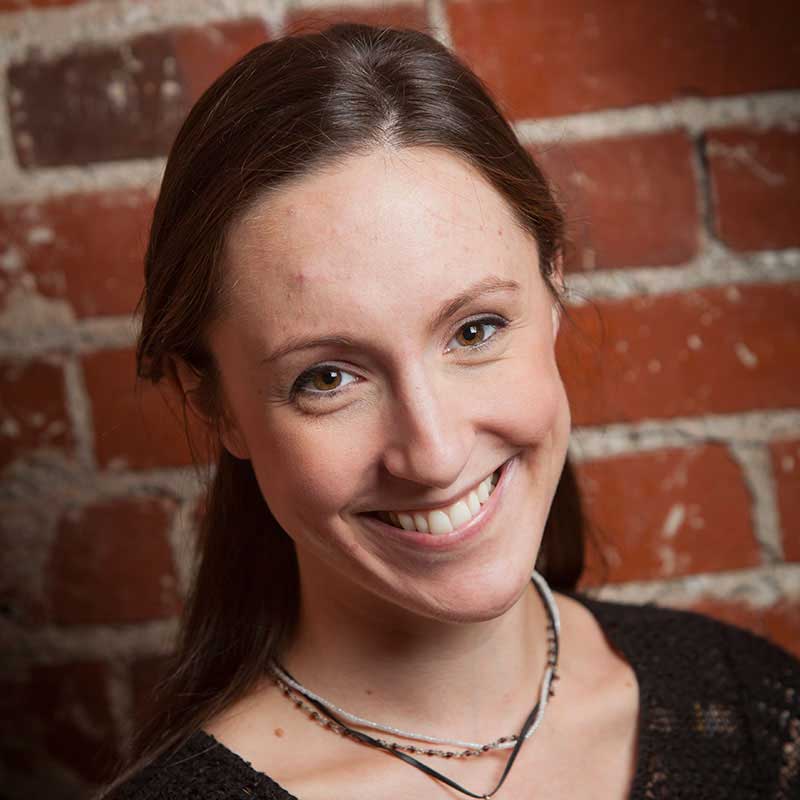 Shakespeare’s writings explored themes of good and evil, loyalty, politics, ambition, guilt, and sin. Throughout them all he tests our perception: what is real and what is perceived to be reality? Through this lens, this year’s dance concert delves into these themes, expressing them in a variety of fresh, unique new works by faculty and students. Artistic Director, Jessi Fouts, joins ICL to promote this concert which is staged November 10th – 19th.
Shakespeare’s writings explored themes of good and evil, loyalty, politics, ambition, guilt, and sin. Throughout them all he tests our perception: what is real and what is perceived to be reality? Through this lens, this year’s dance concert delves into these themes, expressing them in a variety of fresh, unique new works by faculty and students. Artistic Director, Jessi Fouts, joins ICL to promote this concert which is staged November 10th – 19th.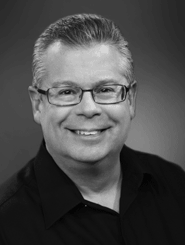 New music has always been difficult for its contemporary listeners. The self-expressive revolution began with Beethoven and became increasingly extreme as the 19th century progressed. Eventually, composers needed extreme musical means to express extreme states. Mahler, for example, in his Symphony no. 9, depicts his own heart attack and death, pushing traditional tonality to its limits in order to do so. The late 19th century and early 20th century was a time of accelerated change, and some composers, recognizing traditional tonality to be outmoded, responded with momentous changes in terms of the musical language with which they chose to express themselves.
New music has always been difficult for its contemporary listeners. The self-expressive revolution began with Beethoven and became increasingly extreme as the 19th century progressed. Eventually, composers needed extreme musical means to express extreme states. Mahler, for example, in his Symphony no. 9, depicts his own heart attack and death, pushing traditional tonality to its limits in order to do so. The late 19th century and early 20th century was a time of accelerated change, and some composers, recognizing traditional tonality to be outmoded, responded with momentous changes in terms of the musical language with which they chose to express themselves.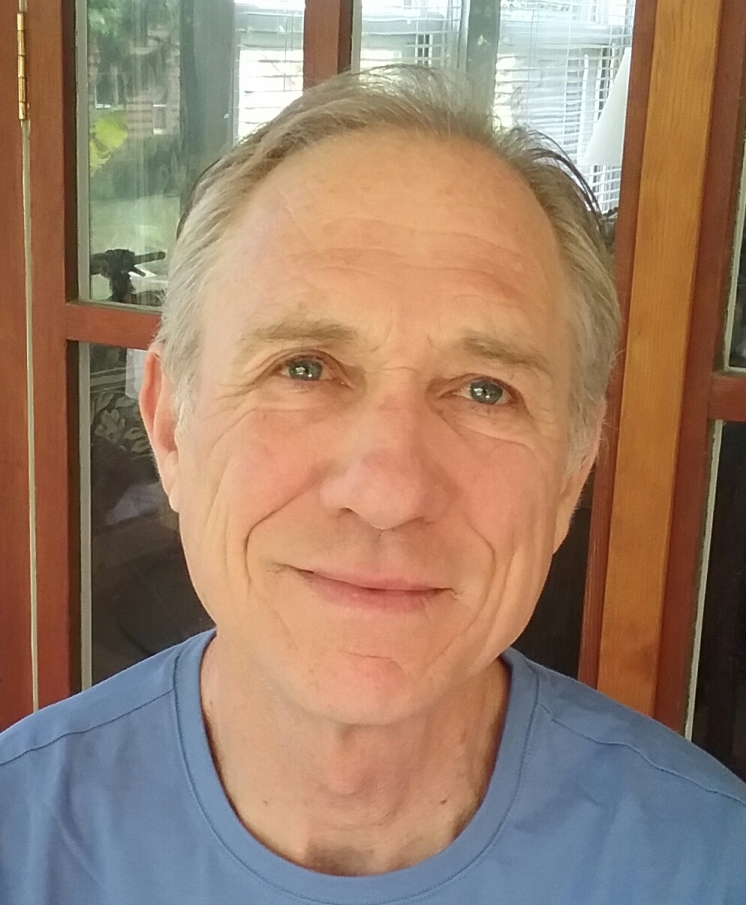
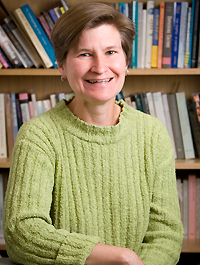 Rebecca Dobkins will speak about her ongoing research funded by the US Forest Service about tribal weavers and how it relates to ongoing exchanges with Maori and other indigenous weavers in the Pacific Rim.
Rebecca Dobkins will speak about her ongoing research funded by the US Forest Service about tribal weavers and how it relates to ongoing exchanges with Maori and other indigenous weavers in the Pacific Rim.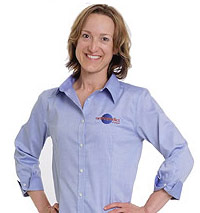 In a return visit to ICL, Jenn Truax, MSPT Director of Therapy Services at Hope Orthopedics of Oregon will continue to address maintaining quality of life during the ICL years.
In a return visit to ICL, Jenn Truax, MSPT Director of Therapy Services at Hope Orthopedics of Oregon will continue to address maintaining quality of life during the ICL years.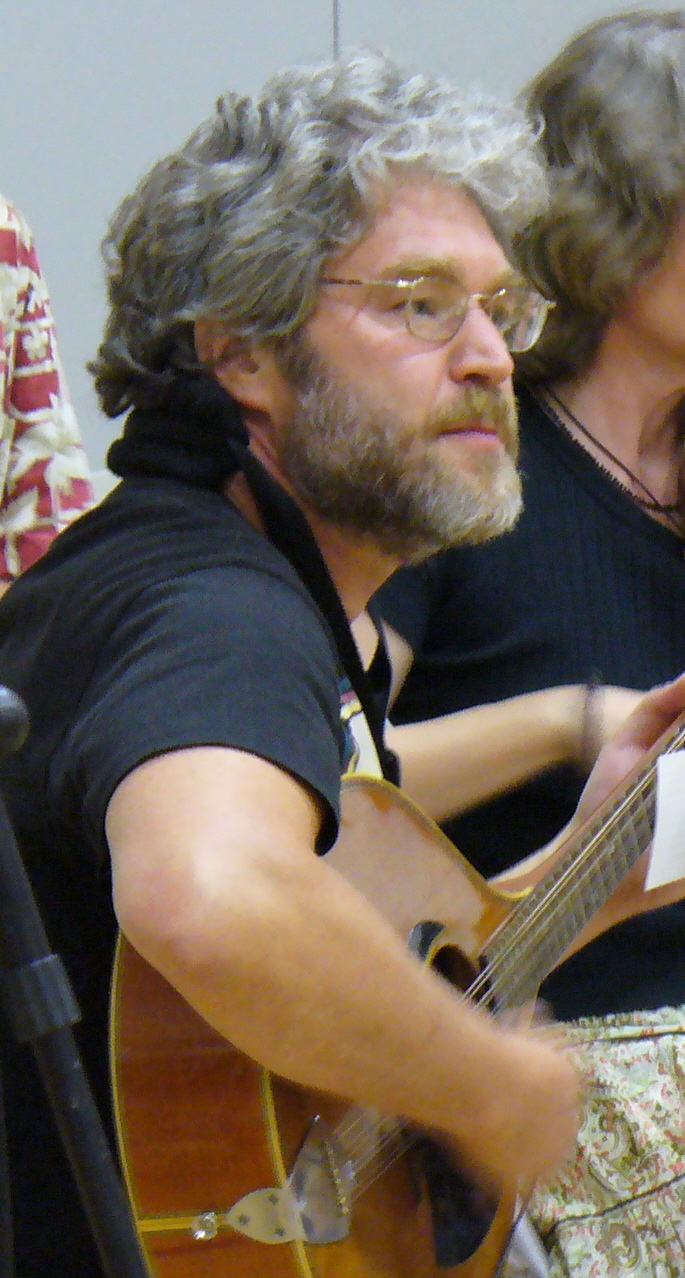 Starting around the 17th century, the Irish adapted their traditional culture (music, dance, literature, poetry, art) in their struggle against British occupation of their land. We will explore a series of Irish songs and poems as we discuss key points in the 350-year history of modern Irish resistance. Bring your singing voices!
Starting around the 17th century, the Irish adapted their traditional culture (music, dance, literature, poetry, art) in their struggle against British occupation of their land. We will explore a series of Irish songs and poems as we discuss key points in the 350-year history of modern Irish resistance. Bring your singing voices!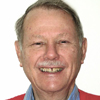 An old sailor, ICL member David Engen, will discuss the Haven-finding Art and attempt to teach us a bit of Latitude and Longitude. He will also share a few modern “Sea Stories”. And in sailor lingo, that no sXXX!
An old sailor, ICL member David Engen, will discuss the Haven-finding Art and attempt to teach us a bit of Latitude and Longitude. He will also share a few modern “Sea Stories”. And in sailor lingo, that no sXXX!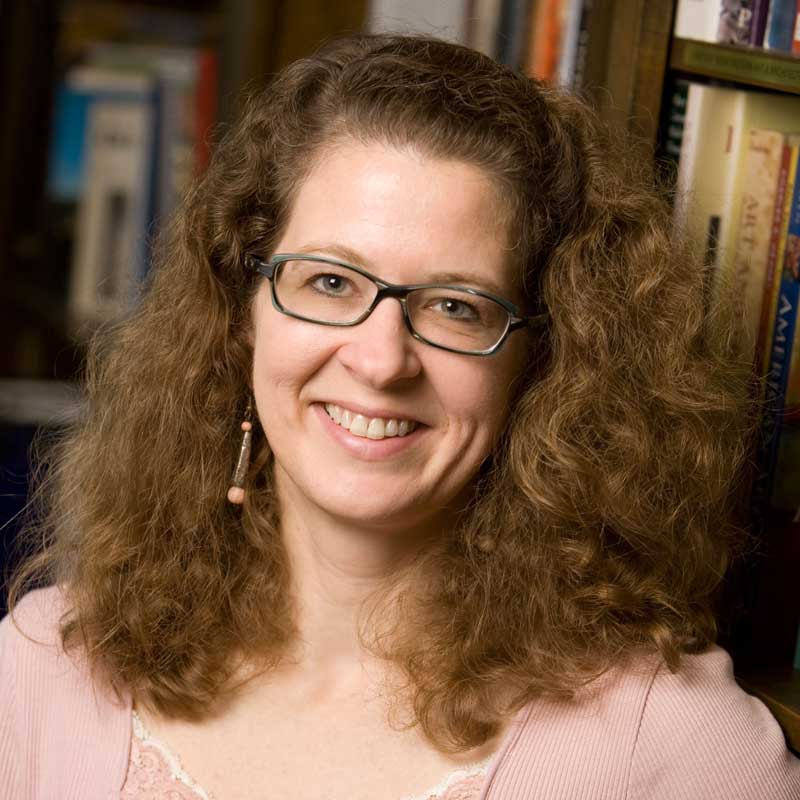 A Book to Uplift and Sustain the Soul: An Introduction to Willamette's Praeces Piae One of the great treasures of the Special Collections at Willamette University's Hatfield Library is a 15th-century illuminated manuscript, a Book of Hours known as the Praeces Piae (Latin for "Pious Prayers"), which features 13 hand-painted illustrations, as well as French and Latin texts. But what exactly is a Book of Hours, how was it used, and to whom did it belong? What is the relationship between the Medieval Book of Hours and contemporary Christian prayer books and rituals? Come find out the answers to these questions and more at this beautifully illustrated presentation, and enjoy the opportunity to see this book in person!
A Book to Uplift and Sustain the Soul: An Introduction to Willamette's Praeces Piae One of the great treasures of the Special Collections at Willamette University's Hatfield Library is a 15th-century illuminated manuscript, a Book of Hours known as the Praeces Piae (Latin for "Pious Prayers"), which features 13 hand-painted illustrations, as well as French and Latin texts. But what exactly is a Book of Hours, how was it used, and to whom did it belong? What is the relationship between the Medieval Book of Hours and contemporary Christian prayer books and rituals? Come find out the answers to these questions and more at this beautifully illustrated presentation, and enjoy the opportunity to see this book in person!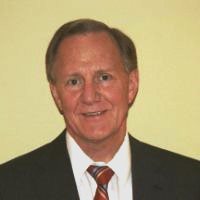 Bruce Johnson, State Bridge Engineer for the Oregon Department of Transportation will describe the findings of Section 5 on “Transportation” of the 2013 Oregon Resilience Plan summarizing rail, transit, aviation, ports, and highways; and then present the long term plan for achieving greater resilience for Oregon Lifeline Highways.
Bruce Johnson, State Bridge Engineer for the Oregon Department of Transportation will describe the findings of Section 5 on “Transportation” of the 2013 Oregon Resilience Plan summarizing rail, transit, aviation, ports, and highways; and then present the long term plan for achieving greater resilience for Oregon Lifeline Highways. We will have had lots of time for water cooler and talking head analysis of the November election. For an academic look at the factors affecting the election Jay Steinmetz, a Visiting Professor of Politics at Willamette University, joins us.
We will have had lots of time for water cooler and talking head analysis of the November election. For an academic look at the factors affecting the election Jay Steinmetz, a Visiting Professor of Politics at Willamette University, joins us.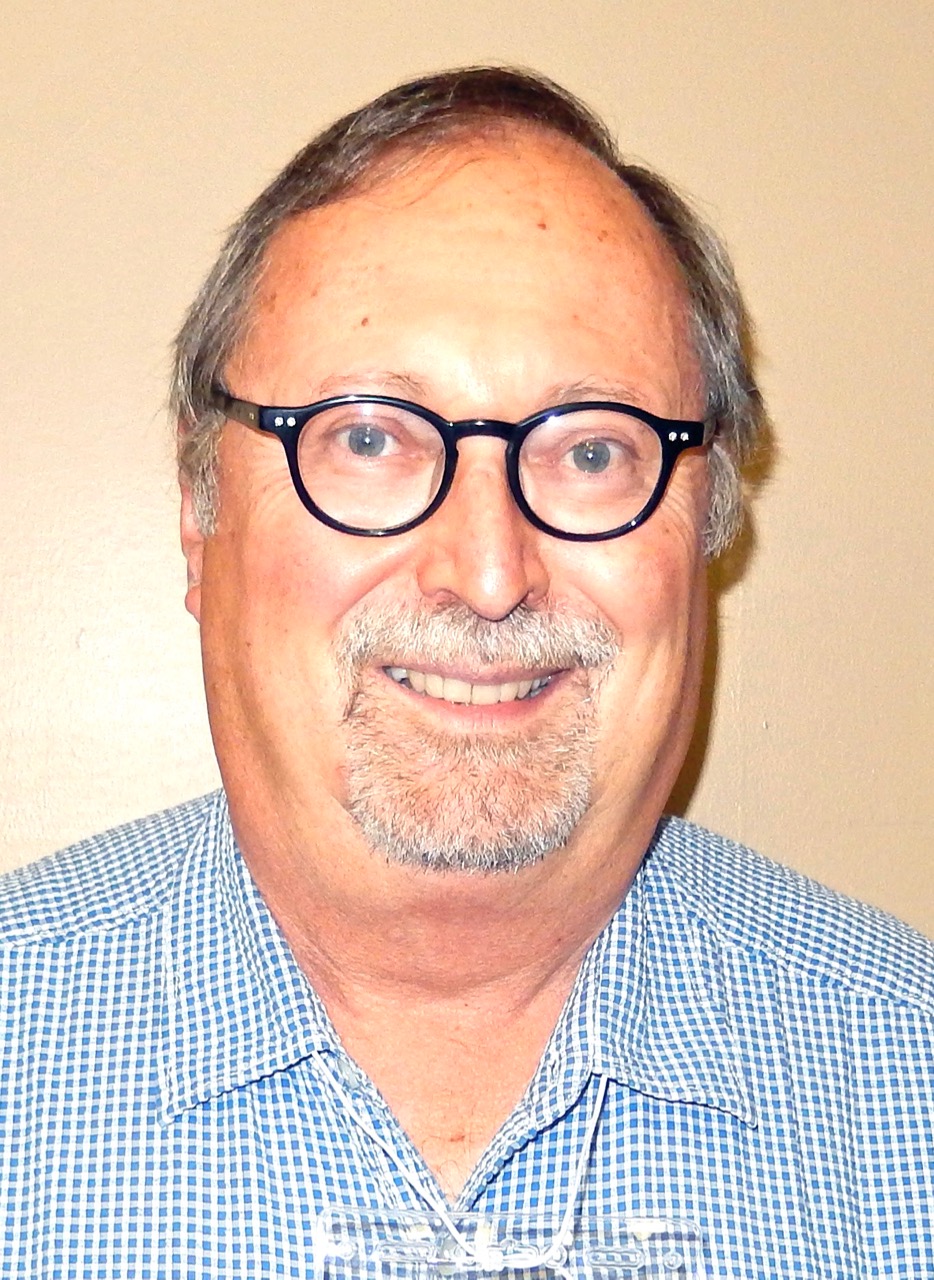 These women were contemporaries of Frank Lloyd Wright. Julia Morgan was the first woman to be admitted to the Ecole de Beaux Arts, the first woman licensed in California, and the first woman to receive an AIA Gold Medal (albeit posthumously). Mary Colter had a four-decade career with the Fred Harvey Company and brought regional and indigenous southwestern themes into her work and showcased Native American arts and crafts. ICL member Bill Foster is our presenter.
These women were contemporaries of Frank Lloyd Wright. Julia Morgan was the first woman to be admitted to the Ecole de Beaux Arts, the first woman licensed in California, and the first woman to receive an AIA Gold Medal (albeit posthumously). Mary Colter had a four-decade career with the Fred Harvey Company and brought regional and indigenous southwestern themes into her work and showcased Native American arts and crafts. ICL member Bill Foster is our presenter.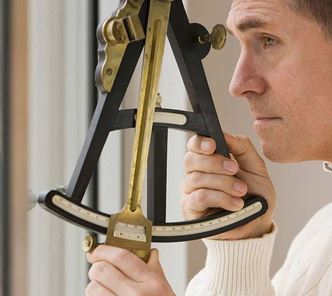 For at least 4,000 years of recorded history, humans have engaged in the study of mathematics. Our progress in this field is a gripping narrative, a never-ending search for hidden patterns in numbers, a philosopher's quest for the ultimate meaning of mathematical relationships, a chronicle of amazing progress in practical fields like engineering and economics, a tale of astonishing scientific discoveries, a fantastic voyage into realms of abstract beauty, and a series of fascinating personal profiles of individuals such as ones covered in this lecture:
For at least 4,000 years of recorded history, humans have engaged in the study of mathematics. Our progress in this field is a gripping narrative, a never-ending search for hidden patterns in numbers, a philosopher's quest for the ultimate meaning of mathematical relationships, a chronicle of amazing progress in practical fields like engineering and economics, a tale of astonishing scientific discoveries, a fantastic voyage into realms of abstract beauty, and a series of fascinating personal profiles of individuals such as ones covered in this lecture: